This study surveys the experiences of Finns between 20 and 30 years of age and those over 30, with regard to social participation.
The topic is approached from two perspectives. The study examines how actively Finns of different age groups participate in society in different contexts. Similar studies have also been published on this topic, but less on the obstacles and incentives to social participation experienced by Finns of different age groups. This study focuses specifically on this aspect.
The study examines the obstacles and incentives to participation in three spheres of social participation. In the first sphere, participation takes place in contexts related to children, the home, hobbies, work or study, such as participation on the board of a housing company or a student association. The second sphere covers activities at the level of civil society, such as non-governmental organisations or more loosely formed civic movements. Voting and influencing through other established democratic institutions belong to the third sphere. It also includes forms of participatory democracy, the best known of which are municipal consultations and participatory budgeting.
The results of the study highlight both similarities and differences in the obstacles and incentives to participation experienced by 20–30-year-olds and those over 30. For example, fear of conflict, disagreement or harassment is identified as a barrier to participation across all age groups. This barrier to participation is the greatest in the second sphere. In the survey, 16 per cent of respondents said that fear of conflict and disagreement had prevented them from participating in this sphere in recent years.
However, the most interesting findings of the survey relate to the differences between 20–30 year-olds and people over 30, when comparing their experiences of obstacles to social participation. The results show that 20–30-year-olds have more doubts about their own skills and knowledge and are more likely to believe that they lack the necessary attributes for social participation. Young adults also find participation more stressful and complicated, and the worry that they will have to take on too much responsibility is more likely to become an obstacle to participation.
The results were consistent across all three spheres of social participation, even though the obstacles experienced by 20–30-year-olds were more pronounced in particular spheres. The findings raise questions about how different social institutions could strengthen the confidence among 20-30-year-olds, and even younger people, that social participation is not too difficult or onerous and that they are good enough as they are.
The study is based on data collected in the spring and summer of 2023, including in-depth interviews with 15 young adults in addition to the results of an extensive research survey. The survey was conducted through a national online panel and received a total of 1,835 responses from Finns aged 18–79.
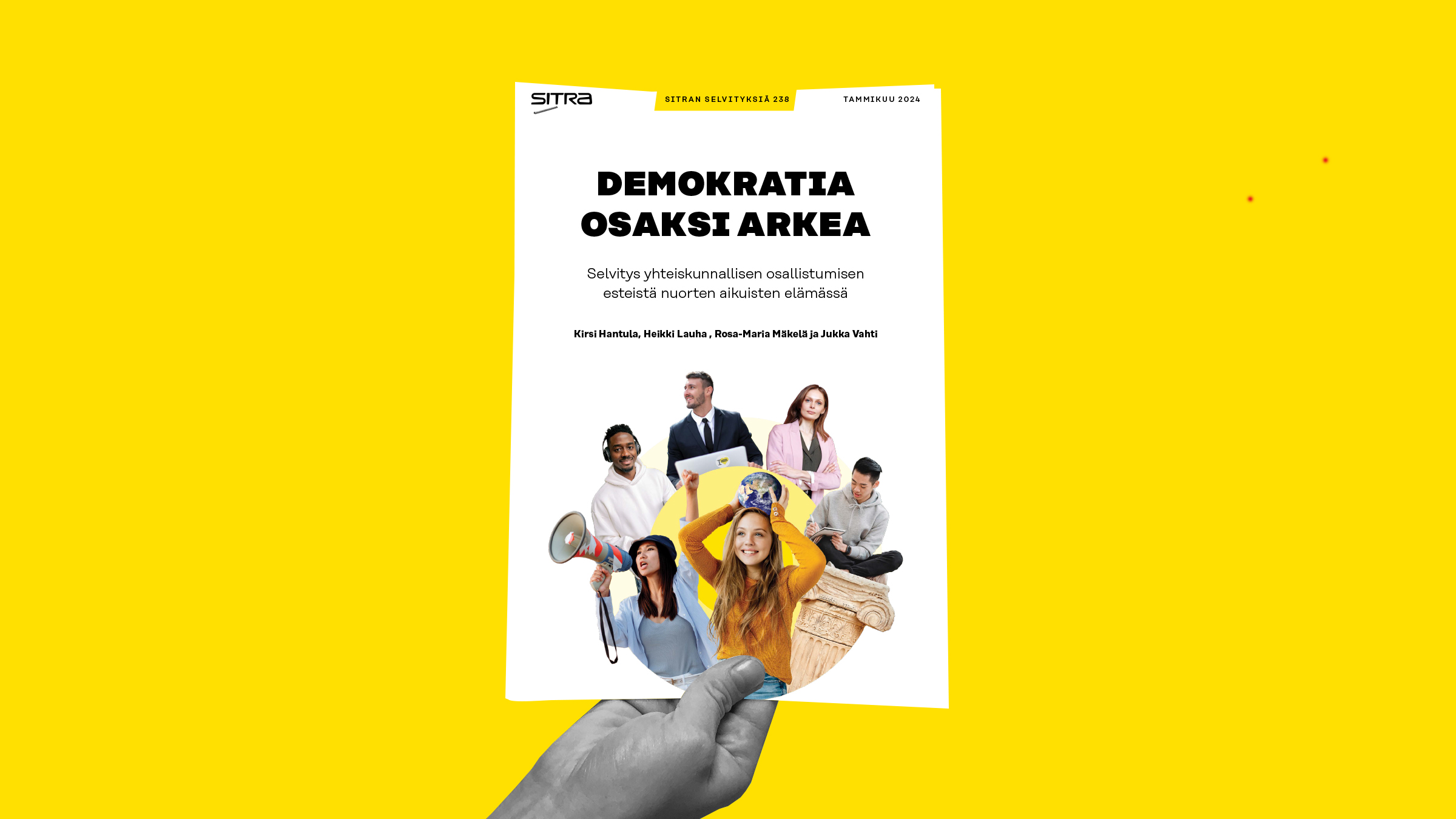




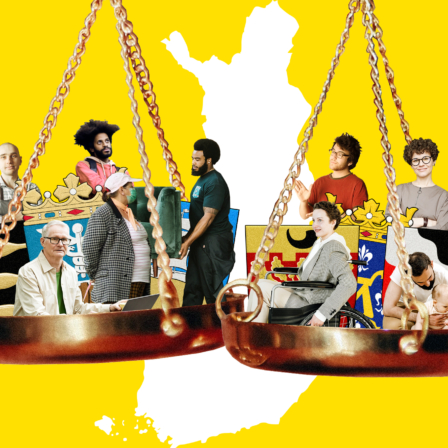

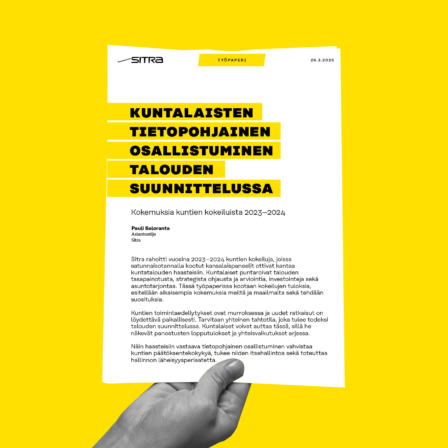




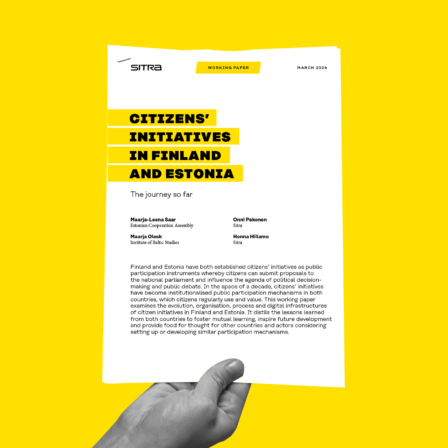
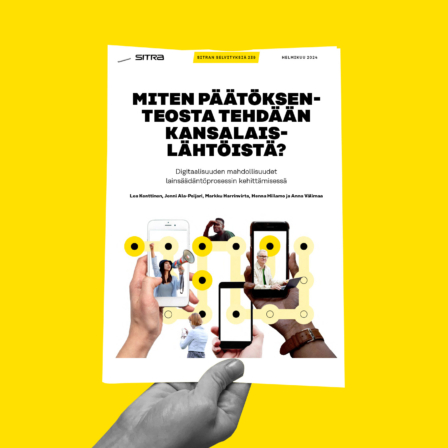
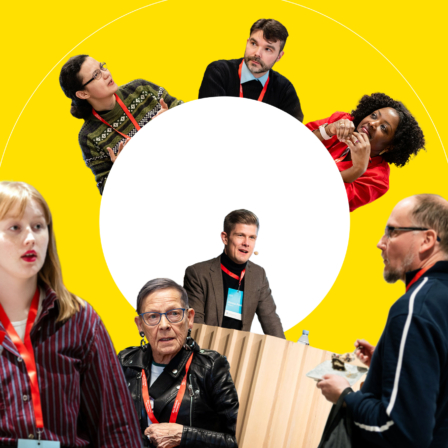

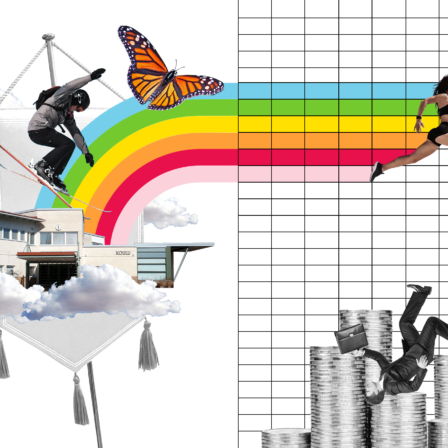
Recommended
Have some more.